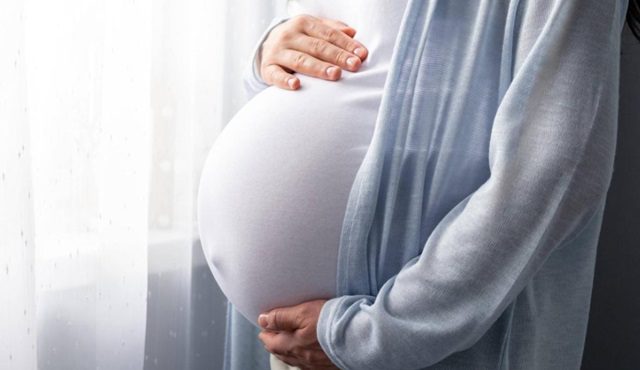BTN News: A recent study conducted by researchers from Shandong University in Jinan, China, sheds new light on the significant risks associated with maternal smoking and its detrimental impact on neonatal health. Published in the Journal of Epidemiology and Community Health, the study analyzed data from the U.S. National Vital Statistics System (NVSS) spanning 2016 to 2019, focusing on around 12.2 million women aged 18 to 49. The study explored how smoking, even in minimal amounts, during pregnancy or in the months preceding it, can substantially increase the likelihood of severe health complications in newborns.
The researchers meticulously gathered information about maternal smoking habits through a detailed questionnaire filled out by mothers at the time of delivery. This questionnaire captured the number of cigarettes smoked per day during the three months before pregnancy and throughout each trimester. The findings were alarming—babies born to mothers who smoked faced heightened risks of needing immediate assisted ventilation, requiring surfactant replacement therapy, experiencing impaired lung function, and being admitted to neonatal intensive care units (NICUs).
According to the data collected, approximately 9.5 percent of newborns were associated with these serious health issues. The study revealed that if a mother smoked before pregnancy, the risk to the baby’s health increased by 27 percent. If smoking occurred at any point during the prenatal period, the risk escalated even further, ranging between 31 and 32 percent.
In addition to these critical findings, the study noted that mothers who smoked were more likely to be younger, non-Hispanic white, single, obese, less educated, and had more children but fewer prenatal care visits compared to non-smokers. These demographic factors further compounded the health risks for their newborns.
The research highlights a stark reality—even minimal smoking, such as one or two cigarettes a day, can significantly impact a baby’s health. For instance, women who smoked just 1-2 cigarettes daily before pregnancy were found to increase the risk to their baby by 16 percent. For those smoking 20 or more cigarettes a day, the likelihood of the newborn requiring NICU admission rose by 29 percent.
This study serves as a crucial reminder of the dangers of smoking for women of reproductive age, emphasizing the importance of abstaining from smoking to protect neonatal health. The researchers stress that smoking is not only harmful in the context of pregnancy but also poses broader health risks that were not covered in this study. The clear takeaway from this research is that smoking, even in the smallest amounts, should be avoided by women planning to conceive, currently pregnant, or in their reproductive years, to ensure the best possible health outcomes for their babies.


